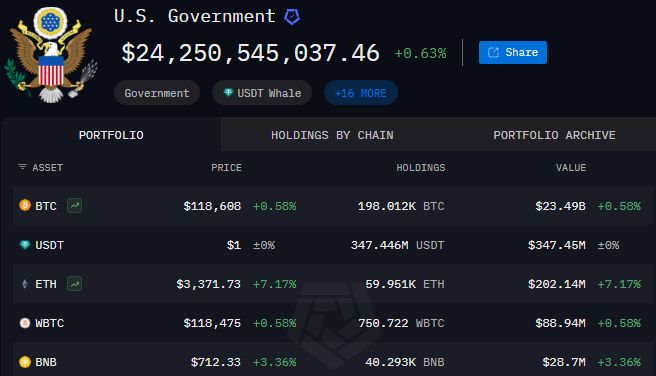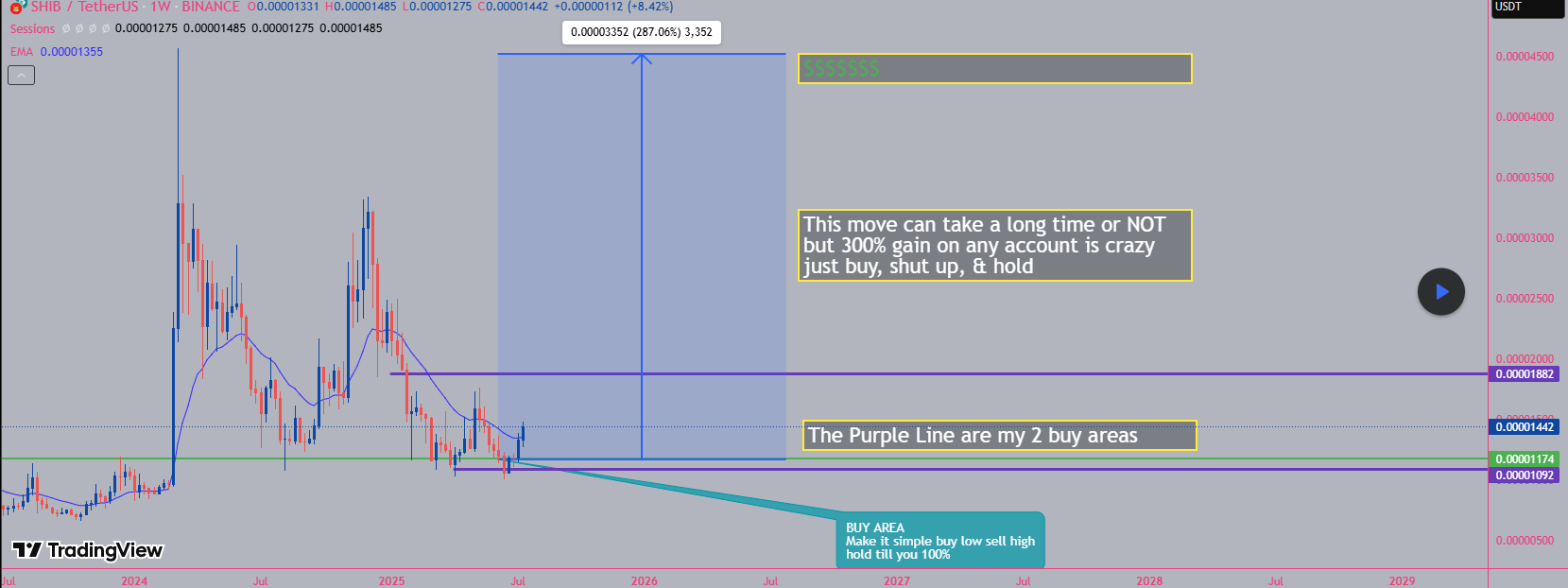Pundit Explains How the Three US Crypto Bills Could Benefit Ripple and XRP
Favorite

Share

Scan with WeChat
Share with Friends or Moments
An XRP community pundit has dissected the three pro-crypto bills currently in the US House and how they could benefit both Ripple and XRP.
Specifically, RippleXity discussed the GENIUS Act, the CLARITY Act, and the Anti-CBDC Surveillance State bill, along with their possible impact, particularly on Ripple and XRP. He shared this in a July 16
post
, as all three bills are up for a ruling in the US House of Representatives this week.
Details of the GENIUS Act and What It Could Mean for Ripple and XRP Adoption
The pundit began with the GENIUS Act, a bill that has
caught the attention
of Donald Trump. The stablecoin legislative bill bounced back in the US House on Wednesday after a 217-212 vote ensured a final ruling will hold today.
For the uninitiated, the Guiding and Establishing National Innovation for US Stablecoins (GENIUS) legislation aims to
establish
a clear regulatory framework for fiat-pegged digital assets in the United States. Some of the features of the bill include a 1:1 reserve backing for issuers, regular audits, and federal and state oversight.
RippleXity highlighted that the bill will legitimize stablecoins, pave the way for mainstream adoption of RLUSD, and allow Ripple to bridge regulated stablecoins globally. The passage of the GENIUS Act would also foster real-world asset tokenization,
expected
to draw institutions to the XRP Ledger and push XRP to unprecedented prices.
“This bill doesn’t just protect Ripple, it legitimizes its entire strategy,”
the pundit added.
Impact of the CLARITY Bill on Ripple and XRP
Meanwhile, he referred to the
CLARITY Act
as the most significant and crucial legislation that Ripple has ever faced. This perception comes amid Ripple’s long-standing case with the US Securities and Exchange Commission.
The CLARITY bill focuses on the crypto market structure, defining in clear terms what digital assets are and who regulates what between the US SEC and the Commodities Futures Trading Commission (CFTC).
For Ripple, the pundit says the legislation could reverse the existing jurisdiction that brands its primary XRP sales to institutional investors as offering unregistered securities. Notably, Judge Analisa Torres issued this ruling in 2023, placing an induction on Ripple’s institutional sales of XRP.
Furthermore, it would protect XRP in the secondary market and limit future regulatory overreach. This would pave the way for Ripple to scale the adoption of XRP in the United States.
What the Anti-CBDC Act Holds for Ripple and XRP
The Anti-CBDC bill, which the House GOP agreed to attach to the National Defense Authorization Act, imposes permanent impediments to the Federal Reserve's CBDC efforts. For context, the legislation prevents the central bank from ever issuing CBDC, preserving the rail for private blockchains to offer settlement solutions.
For Ripple, this ensures that CBDCs do not sideline XRP, further bolstering its use in cross-border payments. The bill also supports Ripple’s CBDC efforts with other countries, thereby expanding XRP's reach.
Conclusively, the pundit noted that the three bills would increase XRP’s utility in the traditional banking system and spur institutional adoption. They would also legitimize Ripple’s business, drawing more attention to its RWA tokenization push.
According to him, Ripple’s intention is not only to win its case against the SEC but also to become the infrastructure for a new financial system. Remarkably, the three crypto bills would greenlight this vision.
Disclaimer: This article is copyrighted by the original author and does not represent MyToken’s views and positions. If you have any questions regarding content or copyright, please contact us.(www.mytokencap.com)contact
About MyToken:https://www.mytokencap.com/aboutusArticle Link:https://www.mytokencap.com/news/517499.html
Previous:Meme 币的文化灵魂
Related Reading



Senator Lummis Calls Alleged US Bitcoin Dump a “Strategic Blunder”
Pro-crypto Senator Cynthia Lummis reacts to reports that the United States government has sold more ...

Don’t Forget Shiba Inu, It Will Fly Soon: Analyst Highlights Path for a 130% SHIB Rally to $0.0000335
Amid a recent price rebound, a top analyst has predicted that Shiba Inu is on the cusp of a rally to...

XRP Surges Past $3: Here’s What’s Next After 32% Weekly Rally
XRP has again taken center stage in the crypto market after posting a 32% rally in a week that saw i...

